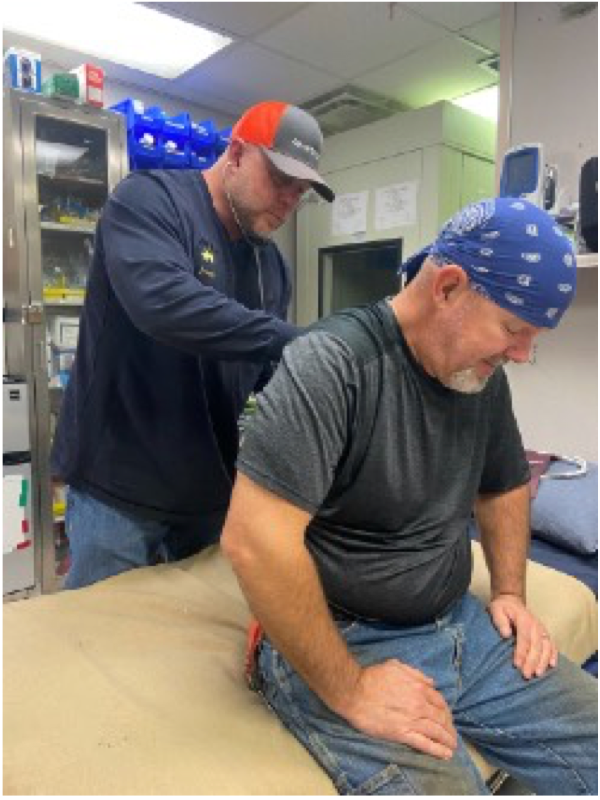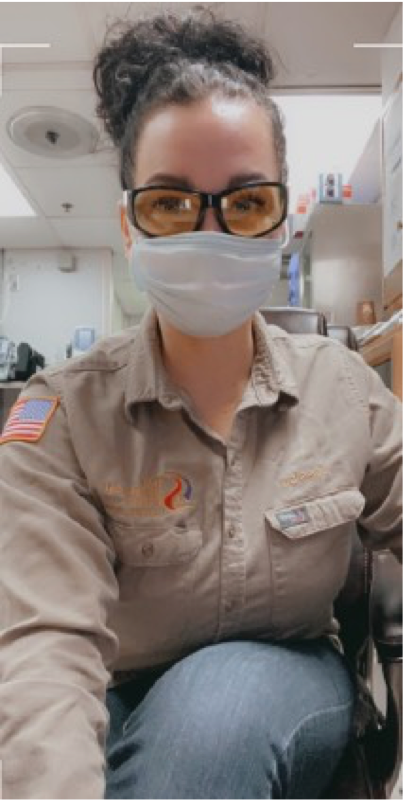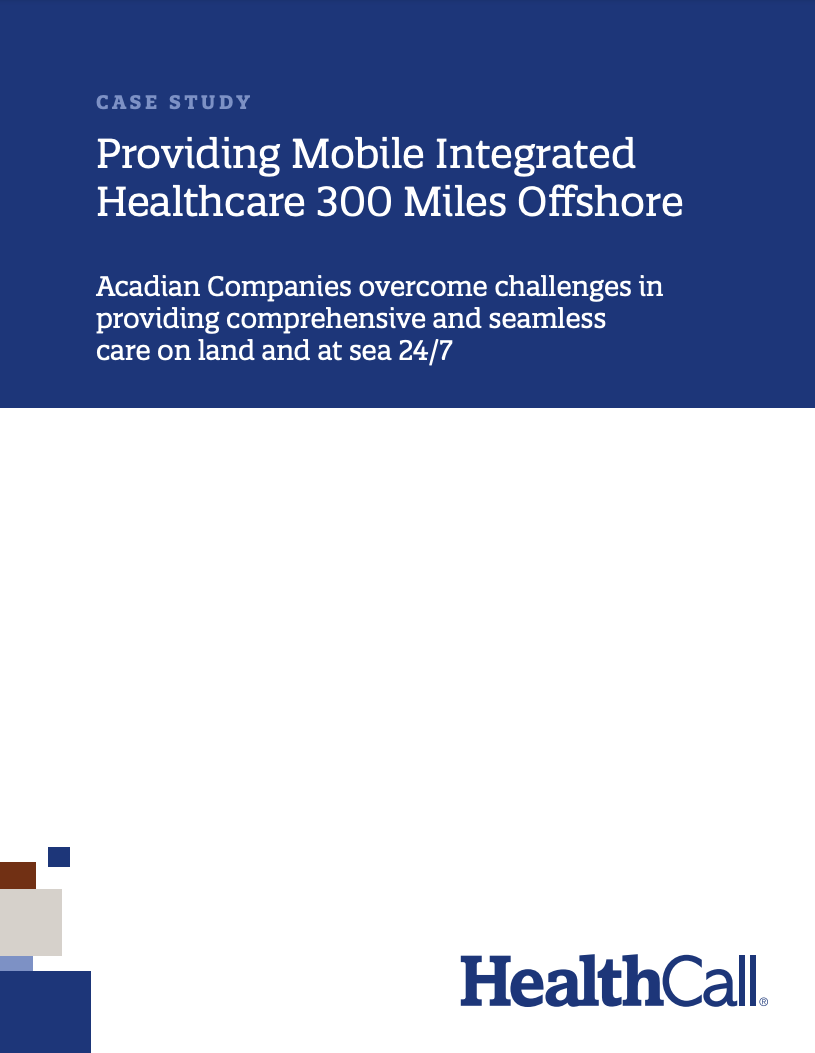Providing Mobile Integrated Healthcare 300 Miles Offshore
Mobile Integrated Healthcare & Occupational Health
Listen to this Article
Acadian Companies overcome challenges in providing comprehensive and seamless care on land and at sea 24/7 : Part One
Imagine that the patient population you’re responsible for is approximately 200-300 miles afloat on an oil rig in the Gulf of Mexico. Imagine having to respond to everything these workers need, from emergencies to chronic conditions such as heart attacks or appendicitis or accidental injuries to high cholesterol or chronic back pain.
How do you best deliver personalized care to a very large, remote group of workers requiring a diverse range of urgent and chronic care needs, but the nearest hospital might be an hour-long helicopter ride away?
Acadian Ambulance, one of the top EMS services in the country, is a multi-faceted ambulatory care company with multiple public, private, and specialty partners. Acadian Ambulance’s sister companies include Acadian Health, which provides at-home healthcare for sick but stable patients, Safety Management Systems, which provides emergency response and medical services in remote and industrial settings. Offshore paramedics work without a nearby hospital to go to but they also have to work within federal Occupational Safety and Health Administration (OHSA) guidelines.

To more effectively manage this monumental task, Safety Management Systems adopted HealthCall’s Care Delivery software platform in 2021, after its sister company, Acadian Health, also began using HealthCall’s more patient-centric approach. Acadian Ambulance, which began in 1971 as a small Louisiana-based ambulance company, has grown into Acadian Companies, which has seven divisions, 5,000 employees in four states, and offices in New Orleans, Baton Rouge, and Lafayette, Louisiana; Beaumont, Dallas-Fort Worth, Austin, Houston, and San Antonio, Texas; Memphis, Tennessee; and Ocean Springs, Mississippi. Safety Management Systems provides services nationwide and operates HealthCall for the Gulf of Mexico remote medical services out of the corporate office in Lafayette, Louisiana.
“We have very limited communication modalities in offshore medicine, and the medium that connects our medical team to these rigs in the Gulf is HealthCall,” said Fred Sonnier, Physician Assistant, part of the medical control team for offshore medics for Safety Management Systems. “We were able to tailor offshore medicine to the natural gas industry, which is quite different from working in a hospital emergency room. Our job is to maintain a safe and healthy environment for offshore workers. We work with remote paramedics making clinical decisions that are often managed offshore but sometimes require flying these workers (now patients) inland for emergency treatment.”
Documenting Offshore Medicine
Several different major, globally-run oil companies operate rigs and installations across the Gulf of Mexico, a leading energy source that accounts for approximately 15 percent of total U.S. crude oil production. In fact, 47 percent of total U.S. petroleum refining and 51 percent of total U.S. natural gas processing happens along the Gulf Coast.
Paramedics are stationed on these rigs, and coordinate care with Mr. Sonnier and the medical control team anytime a worker is hurt or sick. Through HealthCall, the Safety Management Systems medical control team provides virtual care via HealthCall, including assessment, diagnosis, treatment, and documentation. Working within OSHA guidelines, paramedics, and the medical control team have to be mindful of what’s prescribed, specific treatments, and appropriate care protocols. One example, is that patients can’t receive certain medications that would affect their central nervous system, such as benzodiazepines, because of the risk of dizziness impairing physical requirements and demands of offshore work.
By using HealthCall’s Care Delivery platform, paramedics offshore and Acadian Companies representatives back on land capture longitudinal electronic medical records in real-time for each patient, creating narratives backed by numbers. HealthCall also allows for a collectively populated data capture that is HIPAA-compliant allowing Safety Management Systems to share encrypted data with their clients that offers a comprehensive longitudinal view of workers’ well-being.

“We have very limited communication modalities in offshore medicine, and the medium that connects our medical team to these rigs in the Gulf is HealthCall”
Using HealthCall to track micro- and macro-data, paramedics can identify patterns, create interventions, improve patient outcomes as well as prevent both minor and major health challenges. This accumulation of workforce/ patient data and practice provided by HealthCall keeps the oil and gas companies of the gulf aware of any trends affecting the workers’ health, safety, and potential problem areas of risks thereby creating a much more healthy, efficient, and safe work environment.

Download Case Study
Fill out the form below to download the Coshocton Case Study
